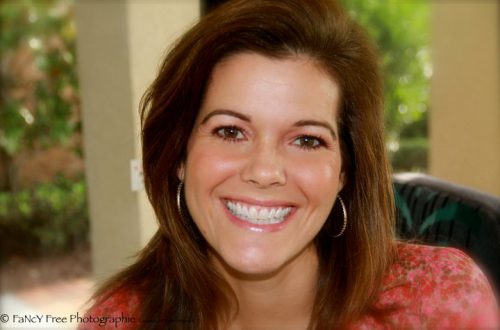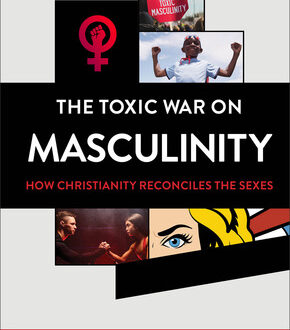Four Reminders for Christians re. the Would-Be Justice and Justice
1. Truth is relevant.
A prominent Christian said this week that whether or not a pro-life nominee for the highest court of justice in the USA attempted to rape someone is “not relevant.” But let us be clear: whether the nominee attempted rape is indeed relevant. And the question of relevancy is not just a political issue; it is a moral issue.
Let me begin by saying we do not know if the candidate is being falsely accused for political purposes. If he is innocent, he must be vindicated, and those who accuse him must face grave consequences for bearing false witness, a great evil.
But if the nominee actually did what he is accused of, the action is relevant. Because he is not saying to his accusers, “I was too drunk to remember if I did that” (which would be bad enough). He is saying he absolutely did not commit the actions he is accused of, and that his accusers are liars. Now, if he is the kind of man who would not only victimize 40 years ago and never apologize to victims but would then add to the original injury by publicly accusing victims today of bearing false witness—which has led to death threats for them—he has not changed as a victimizer. And if he's guilty, much more than high school drinking is in view. He is currently willing to victimize in order to land himself a position of power. And not just any position of power, but a seat on the highest court of justice in the land.
Morality in a Supreme Court justice matters. If Jesus is the truth, Christians should hold up truth-telling as a minimum qualification for those charged with handing down laws about justice. This should be a no-brainer for us.
2. Time does not heal sin.
A professing Christian wrote this on Twitter about the case: “Do you want to be held accountable now for what happened in HIGH SCHOOL? This is what the enemy does. He constantly tries to attack us with our past. God never requires us to repent again for forgiven sins. That is a trick of the enemy, to bring accusations for sins covered by the blood. Again, this happened when they were both in high school. I don't know about you. I did dumb things in high school. [The nominee] has had an impeccable professional and personal record since then. That's what the focus should be on. If this incident did happen, it was relevant in 1982. If you made a mistake in your past, do you want it coming up again? No. That's why God takes our sins and casts them in the Sea of Forgetfulness, NEVER held against us again.”
This person wrongly assumes there has been repentance.
What if we apply this same logic to you stealing a million dollars from your neighbor in high school. You tell God you are sorry, but you do not ever apologize to the victim nor seek to make reparations. You tell yourself your wrong is covered by the blood of Christ, and you build a new life for yourself. Forty years later, when that neighbor finds out you are being considered for a job as president of a bank, he notifies the bank that you stole his money. Would you be just in insisting, “My neighbor is a liar, and God never holds our sins against us”?
When Zaccheus came to Christ, he demonstrated repentance by first confessing he was wrong. Then he offered to pay back what he had stolen and, in addition, pay reparations to victims. His repentance came with a personal cost.
One cannot ever give back to an assault victim what has been taken. But one can, at the least, ask forgiveness and pay for the victim's counseling. And not say the accusations about what actually happened are lies.
3. Situation ethics: hypocrisy is bad
One person wrote on Twitter, “If Kavanaugh were a Hillary Clinton nominee, the position would be that the accusations are very relevant. It is so disturbing to see evangelicals embrace situational ethics."
The same standard should apply to everyone, no matter our political affiliation. And no matter what the opposition does. If we would want the opposing party to investigate accusations, we should welcome investigation of our own party's people.
4. Boys can control themselves.
A family member who is not an evangelical wrote this on FaceBook: "Apparently the evangelical right don't see this as a problem: Right now, all over the country, teenage girls are waking up to newsfeeds full of posts written by adults in their lives who say teenage boys attempting to rape them is 'just how boys are' and 'they can’t help themselves' and 'they grow out of it' and 'it was just a little harmless fun.' Think. Think about what that must be doing to them, and when you’re done thinking about that, imagine all the teenage boys reading the same thing."
My friend Kaitlyn tweeted this: "Please stop telling teenage boys that it’s actually pretty normal for teenage boys to sexually assault teenage girls."
Kaitlyn is absolutely right. Sexually assaulting someone during the teen years, drunk or not, IS NOT NORMAL. And normalizing such crimes is not Christlike.
It matters how we argue our case. We must never do so at the expense of truth or minimizing sin or suggesting time heals all sin (without seeking to restore). If we do so, we teach what is false, and in the process we drag through the mud the name of Christ.


